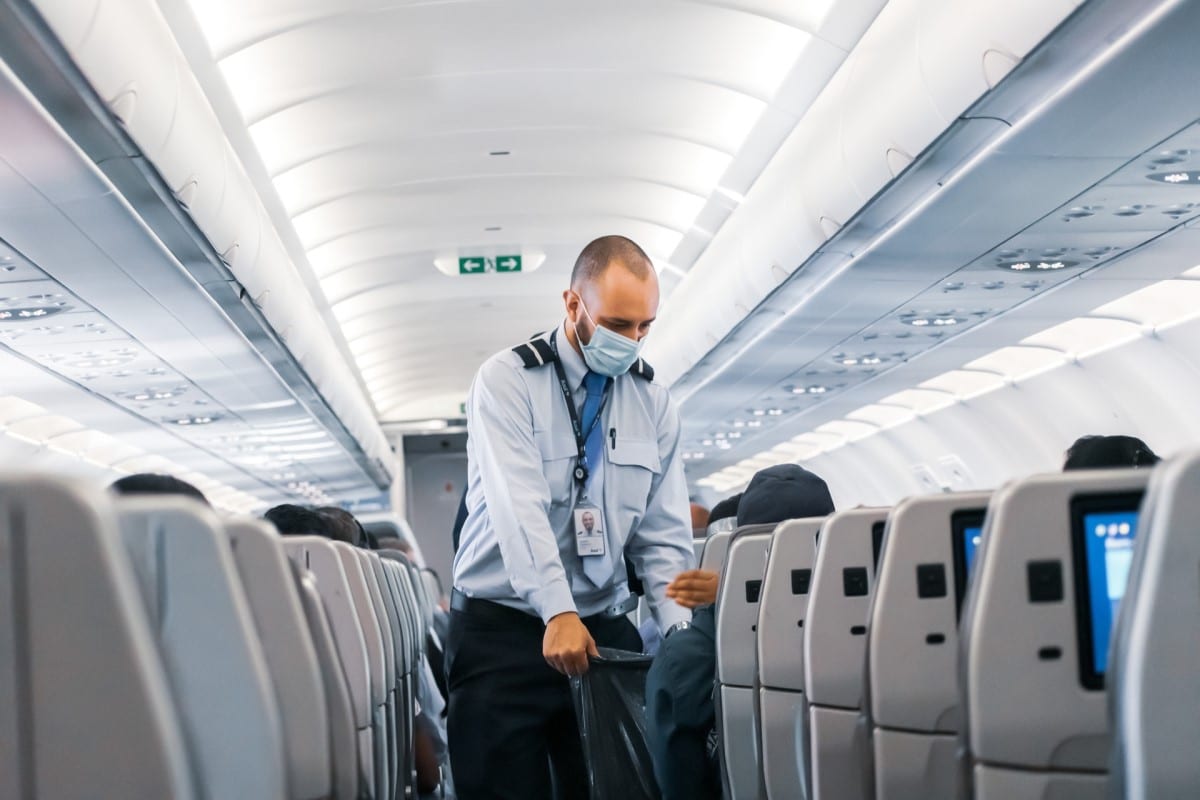It seems that we are past the peak of Omicron, and the Canadian government is starting to make changes accordingly. This week, relaxation of travel entry requirements were announced as well as a reduction in the global travel advisory.
Canada to Now Accept Rapid Antigen Test to Satisfy Pre-entry Testing Requirement
Announced at a briefing (press release here) on Tuesday, February 16, 2022, the Canadian government decided that the mandatory PCR COVID-19 testing requirement for Canadians to travel back to the country will be relaxed for fully vaccinated travelers. Now, vaccinated travelers will be able to take a rapid antigen pre-arrival test, thus offering a cheaper and faster result than the molecular/PCR test.
The rapid test must be taken no more than 24 hours prior to one day before the scheduled flight time or land entry (this means if the flight is on Friday, take the test anytime on Thursday). It must be authorized by the country it was purchased in, and administered by a laboratory, healthcare entity, or telehealth service. Molecular PCR tests are still accepted as well, and for those the timing remains the same, up to 72 hours before scheduled flight time or land entry.
Related: Rapid Testing Options for US Entry
Additionally, unvaccinated children under the age of 12 traveling with vaccinated parents will no longer have any testing or isolation requirements.
These new relaxed rules will take effect on February 28, 2022. Check the Government of Canada website on that date for an official listing of entry requirements.
Canada will resume random PCR testing of fully vaccinated travelers on arrival. Those randomly selected will not have to quarantine while waiting for their result.
Canada will also still accept, as an alternative to negative test results with 1 day / 72 hours, proof of a previous positive test result taken at least 10 calendar days and no more than 180 calendar days before entry, for fully vaccinated travelers.
Meanwhile, the rules remain stringent for unvaccinated travelers, requiring mandatory testing on arrival and isolation for 14 days.
Related: eSims: Budget Cell Data for Travel
All travelers must also continue to submit their mandatory travel information through the ArriveCAN app or website.
Addendum: while the Federal minister of health mentions 24 hours for rapid antigen test in the briefing video, the official press release is worded as “the day prior”. These are not the same. Be on the watch on February 28 for clarity on this. It now been clarified that the official policy is “no more than one day before”, rather than a strict 24 hours.
Global Travel Advisory Change
The Canadian government has also announced a change of Travel Health Notice from Level 3 to a Level 2, meaning non-essential travel is no longer ‘strongly discouraged’.
The levels are broken down as follows:
- Exercise normal security precautions. Take similar precautions to those you would take in Canada.
- Exercise a high degree of caution. There are certain safety and security concerns or the situation could change quickly. Be very cautious at all times, monitor local media and follow the instructions of local authorities.
- Avoid non-essential travel. Your safety and security could be at risk. You should think about your need to travel to this country, territory or region based on family or business requirements, knowledge of or familiarity with the region, and other factors. If you are already there, think about whether you really need to be there. If you do not need to be there, you should think about leaving.
- Avoid all travel. You should not travel to this country, territory or region. Your personal safety and security are at great risk. If you are already there, you should think about leaving if it is safe to do so.

Although I’m not sure how many readers of this blog would have waited for the travel advisory to decide for themselves when travel is safe, this change is undoubtedly a positive step forward for the travel industry in Canada. We even saw Air Canada stock jump 5% in one day as an indicator of that.
Conclusion
The Government of Canada’s announcement makes travel a bit easier to plan, and will accordingly bring the industry a step closer to normal. Nonetheless, Canada’s travel restrictions are still not aligned with many other international jurisdictions that have removed pre-departure test requirements for fully vaccinated travelers entirely. In my opinion, bringing back the 72 hour short trip exemption would have also been a justified response, although at least the Federal Minister of Health did mention this could be considered as things progress.
Let’s just look at the positives. For us dedicated and savvy travelers, planning around these restrictions isn’t too much of a challenge. Therefore, I’m still optimistic that 2022 could be the year of revenge travel, at least for those of us bold enough to navigate the changing international requirements (which will hopefully continue to trend towards being removed entirely).
As always, happy frugal flying!
Reed Sutton
Latest posts by Reed Sutton (see all)
- Award Flight Search Tools Compared: AwardTool, Point.me, PointsYeah, Roame, Seats.aero - Apr 22, 2024
- The Best Luxury Lodges for Wildlife and Wilderness Lovers - Mar 4, 2024
- Welcome to the Frugal Flyer Team, Andy - Feb 20, 2024
- Update on IRS Processing of Certified True Copies of Canadian Passports - Jan 20, 2024
- Best Balance Transfer Credit Card Offers in Canada - Jan 15, 2024
